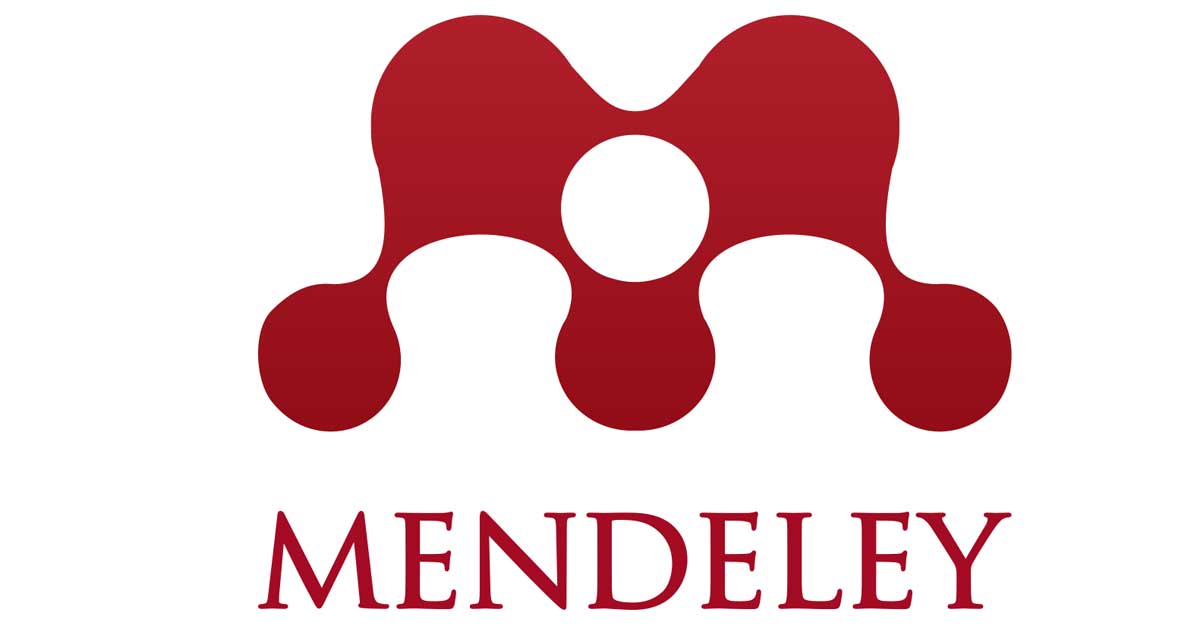MAXIMIZING OPERATIONAL EFFICIENCY THROUGH INTEGRATED SUPPLY CHAIN MANAGEMENT
DOI:
https://doi.org/10.53491/papua.v1i1.1153Abstract
The study addresses the critical issue of optimizing supply chain management (SCM) for operational efficiency in a highly competitive and dynamic global market. The primary problem investigated is how companies can enhance their SCM processes to achieve significant operational improvements through various strategies, technologies, and practices. This research employs a comprehensive methodology, incorporating qualitative and quantitative analyses to examine key aspects such as inventory management, supplier relationships, technological integration, risk management, sustainability practices, and cross-departmental collaboration. The research methodology involves an in-depth analysis of SCM practices across multiple industries, utilizing case studies, surveys, and interviews with supply chain professionals. This mixed-methods approach provides a holistic understanding of how different elements of SCM contribute to overall operational efficiency. The findings reveal that effective inventory management, particularly through Just-In-Time (JIT) practices and Economic Order Quantity (EOQ), significantly reduces holding costs and minimizes waste. Strong supplier relationships are identified as pivotal for ensuring a reliable supply of quality materials, enhancing coordination, pricing, and delivery schedules. Technological integration, including Enterprise Resource Planning (ERP) systems, Internet of Things (IoT), and big data analytics, plays a crucial role in optimizing SCM by improving decision-making and operational visibility. Effective risk management strategies, including supplier diversification and proactive risk assessment, are essential for maintaining supply chain resilience. Sustainability practices contribute to operational efficiency and corporate social responsibility, meeting regulatory requirements and consumer expectations. Cross-departmental collaboration ensures seamless information flow and coordinated efforts, leading to improved Supply Chain Performance.
Downloads
References
Effendi, E., & Afwa, A. (2022). Financial Management of Conventional Catfish Cultivation: A Case Study of Catfish Cultivation Business “Okura Berjaya” in Sub-District of Tebing Tinggi Okura, Rumbai Pesisir District, Pekan Baru City. 1st Virtual Workshop on Writing Scientific Article for International Publication Indexed SCOPUS, 397–402. https://doi.org/10.2478/9788366675827-069
Fauziah, N., Wahyudi, A. D., & Morlian, A. (2022). Customer Data Electronic Archives Management in Data Management Division at Pt Telkom Indonesia Bekasi City Branch. 1st Virtual Workshop on Writing Scientific Article for International Publication Indexed SCOPUS, 552–557. https://doi.org/10.2478/9788366675827-096
Handiwibowo, G. A., Nadlifatin, R., & Nasution, A. H. (2022). Optimizing the Offensive Strategy to Competitor Product with New Product Development (Implementation of Technological Innovation Capabilities for Strategy). 1st Virtual Workshop on Writing Scientific Article for International Publication Indexed SCOPUS, 118–124. https://doi.org/10.2478/9788366675827-022
Hariyati, D. R., Irawan, A. W., & Rikantasari, S. (2022). Model Kewirausahaan Sosial Di Pondok Pesantren Miftahul Hikmah Sukorejo Parengan Tuban. Akademika, 16(2). https://doi.org/10.30736/adk.v16i2.1097
Irawan, A. W. (2020). Analisis Kualitas Produk untuk Meningkatkan Kepuasan Nasabah. Tasyri` : Jurnal Tarbiyah-Syari`ah-Islamiyah, 27(2), 1–10. https://doi.org/10.52166/tasyri.v27i2.95
Irawan, A. W., Fitri, N. L., & Maeni, P. N. (2023). Quick Respond Indonesian Standart (QRIS) dalam Ber-Transaksi Secara Go Digital di UMKM Keripik Pisang UD. Muser Desa Pandanagung Kecamatan Soko Kabupaten Tuban. Akademika, 17(2). https://doi.org/10.30736/adk.v17i2.1832
Irawan, A. W., Roni, M., & Putro, H. K. (2021). Islamic Business Ethics: How to Apply it on the Supply Chain Management? Journal of Sharia Economics, 3(1), 18–39. https://doi.org/10.35896/jse.v3i1.180
Nugraha, D. P., Rizal, S., & Ganika, G. (2022). Analyze Enterprise Risk Management Implementation: Empirical Study on Financial Performance and Market Reaction in Indonesia. 1st Virtual Workshop on Writing Scientific Article for International Publication Indexed SCOPUS, 79–84. https://doi.org/10.2478/9788366675827-015
Sari, N. K., & Anggraini, Y. S. (2022). Orem Self Care Theory: Hypertension Management. 1st Virtual Workshop on Writing Scientific Article for International Publication Indexed SCOPUS, 27–30. https://doi.org/10.2478/9788366675827-006
Suripto, & Sudarmadi. (2022). Effect of Liquidity, Earnings Management, and Tax Avoidance on Tax Aggressiveness of Manufacturing Companies in Indonesia. 1st Virtual Workshop on Writing Scientific Article for International Publication Indexed SCOPUS, 176–181. https://doi.org/10.2478/9788366675827-032
Syaprillah, A., Wiwoho, J., & Waluyo. (2022). Management of Marine Resources in Coastal Areas with Sustainable Development Principles. 1st Virtual Workshop on Writing Scientific Article for International Publication Indexed SCOPUS, 73–78. https://doi.org/10.2478/9788366675827-014
Wujarso, R., & Sumardi, B. (2022). Global Marketing Management in the Perspective of the Economic, Financial, Global Culture and Purchasing Behavior, as well as Politics and Law. 1st Virtual Workshop on Writing Scientific Article for International Publication Indexed SCOPUS, 182–187. https://doi.org/10.2478/9788366675827-033
Downloads
Published
How to Cite
Issue
Section
License
Copyright (c) 2024 Zulfatun Anisah

This work is licensed under a Creative Commons Attribution-NonCommercial-ShareAlike 4.0 International License.












